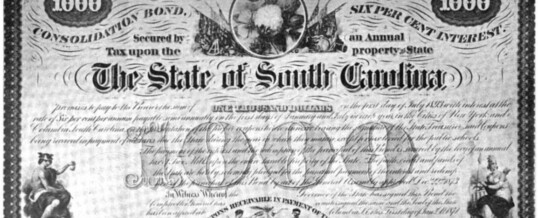
Republished from: Investment News.
In the proposed 2013 budget released today, Obama reprised his call to cap deductions, including tax-exempt interest, for families earning more than $250,000 a year. He also wants to revive Build Americas, taxable bonds whose interest bills are paid in part by the federal government. Obama also proposed lifting restrictions that prevent states and cities from refinancing bonds.
The president’s proposals may face obstacles in Congress, where Republicans have resisted his plans to raise taxes on the highest earners. The Build America program, created under Obama’s economic-stimulus plan, lapsed at the end of 2010 amid opposition from Republicans. Bids to revive it have stalled.
“We have to take everything the president wants to do in this political environment with a grain of salt,” Matt Fabian, an analyst with Municipal Market Advisors in Concord, Massachusetts, said before Obama’s plan was released. “With the inability of people in Washington to get anything done, there won’t be an immediate effect on the market.”
Tribal Bonds
Separately, the president proposed lifting some restrictions on the ability of American Indian tribes to issue municipal bonds by allowing them to operate under rules similar to those that now apply to states and localities.
Today’s budget recommendation is Obama’s final blueprint for taxes and spending before the November election. In September, he introduced his plan to limit the use of tax-exempt interest to lower rates. His deficit-cutting commission also proposed eliminating the exemption.
The suggestion that Congress should move to pare the tax- breaks have raised concerns among investors in the $3.7 trillion municipal-bond market. They say the exemption faces a greater risk after the election if politicians in Congress agree on ways to cut the budget deficit. The exemption costs the U.S. about $37 billion a year, according to the Office of Management and Budget.
“We still don’t think it has much of a chance this year, at least prior to the election,” said John Hallacy, a Bank of America Merrill Lynch municipal bond analyst in New York. “But the topic keeps coming up. It does get caught up in the tax- reform discussion that will start up in a serious way after the election.”
Reaction Muted
The president’s proposals had little influence today on the municipal market, said Ken Kollar, a trader with Arbor Research & Trading Inc. in New York. Yields were little changed, and global issues such as the European de crisis are the main drivers for fixed income, he said.
Curbs on the tax-exemption, if enacted, could diminish the appeal of munis by limiting the tax benefits investors receive. Because the interest is exempt from federal income tax, investors are willing to accept lower returns, which hold down borrowing costs for local governments.
The president’s proposal would cap the value of itemized tax deductions for top earners at 28 percent. Those in the top marginal tax bracket get a benefit of as much as 35 percent from such deductions because that’s the rate they would otherwise have to pay on their highest earnings.
The federal budget also seeks to reintroduce Build America bonds while cutting the subsidy. The U.S. pays 35 percent of the interest costs on Build Americas that were sold before the program lapsed. Obama proposes bringing them back at 30 percent for two years before cutting the rate to 28 percent, which would make it no more costly than the tax-exemption given to traditional muni bonds.
–Bloomberg News–
FEB

About the Author: